Using local languages in cducation: A key to better learning outcomes
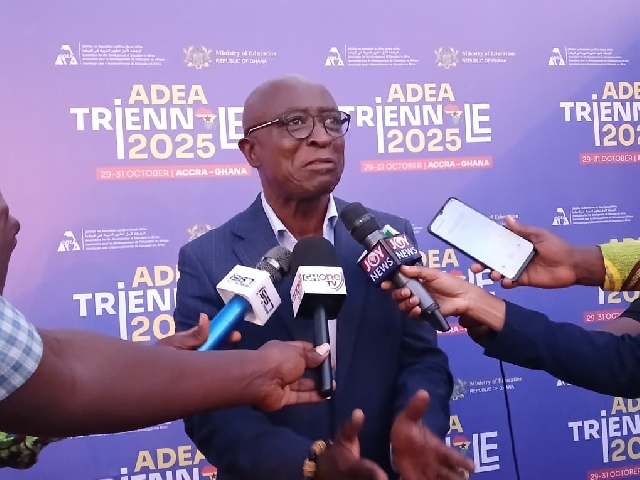 Prof Kwame Akyeampong
Prof Kwame Akyeampong
The use of local languages in education is a crucial aspect of promoting better learning outcomes, especially in the early stages of a child's education.
According to Prof Kwame Akyeampong, a professor of international education and development, the evidence is clear that children who learn in their local language develop a better understanding of what they are learning and can transition smoothly into learning English.
Prof Akyeampong, who chairs the Global Education Evidence Advisory Panel, emphasised that the global evidence is incontrovertible: using mother tongue or local language in education is beneficial for children.
He noted that many times, the reason why local languages are not used in education is due to the fear that children will be disadvantaged if they don't start learning in English early.
However, Professor Akyeampong acknowledged that implementing mother tongue-based education can be challenging, especially in multilingual societies like Ghana.
He suggested that teachers should use languages that children understand to help them develop concepts, and that facilitators from the community can also be used to support children.
Professor Akyeampong emphasised the importance of commitment to implementing mother tongue-based education.
He noted that Ghana has not been consistent in its implementation of this policy and that it's time for the government to prioritise the use of local languages in education.
The benefits of mother tongue-based education are numerous.
Children who learn in their local language are more likely to develop a strong foundation in reading and mathematics, and they can transition smoothly into learning English.
Moreover, using local languages in education can help to promote cultural identity and preserve linguistic diversity.
In conclusion, using local languages in education is a key to better learning outcomes.
The global evidence supports mother tongue-based education, and it's time for Ghana to prioritise the use of local languages in education.
With commitment and practical implementation, Ghana can make progress in promoting better learning outcomes for all children.
Source: Classfmonline.com/Edem Afanou
Trending News

Energy Ministry calls for stronger collaboration to drive Ghana’s green transition
09:45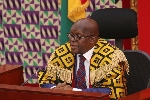
Speaker Bagbin warns MPs over poor attendance, threatens sanctions
23:41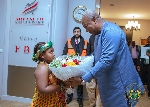
President Mahama arrives in Paris for 2025 Paris Peace Forum
02:32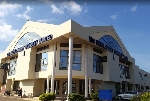
TDC targets churches and mosques in debt recovery drive
17:30
Prof Albert Puni calls for merit-based appointments for SOEs to drive sustainable national development
08:20
Dr Yaw Osei Adutwum mourns former First Lady Nana Konadu Agyeman-Rawlings
07:05
Gov’t probes Kwabena Duffuor’s Heath Goldfields
08:42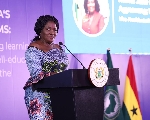
Ghana’s Vice President opens 2025 ADEA Triennale, calls for education-led transformation across Africa
17:42
22-year-old woman jailed six months for stealing provisions worth GHS1,384 from Oda supermarket
03:23
Gov't considers NCSALW-proposed gun amnesty to control rampant illicit firearms, consequent violence
17:09




